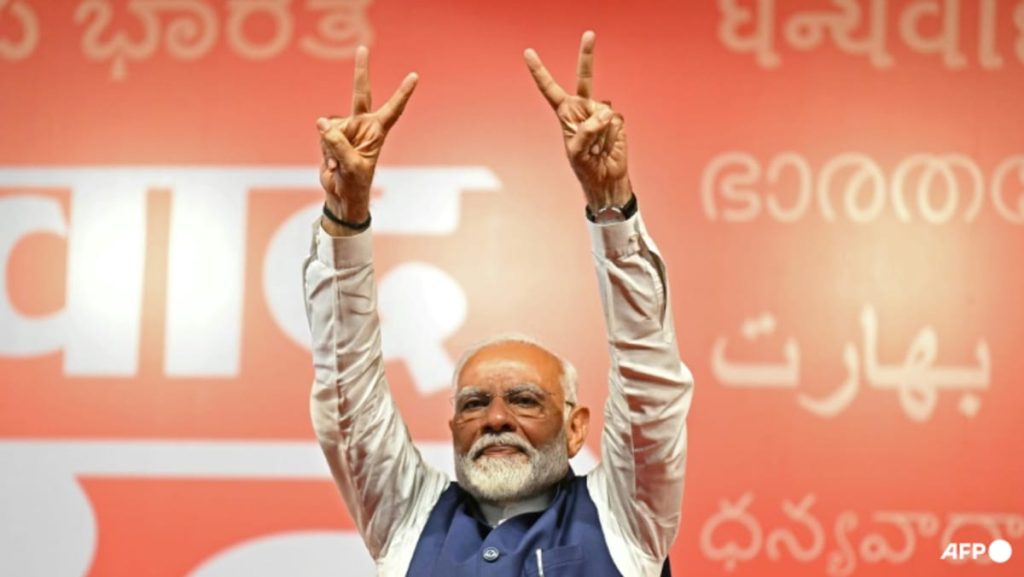Under Prime Minister Modi’s leadership, India has positioned itself as a strong and influential voice of the Global South. India has hosted summits to strengthen its role as a representative of Asian, African, and South American nations. India has also advocated for developing nations to have a greater say in global decision-making, as seen with the African Union bloc becoming a permanent member of the G20. As a founding member of the BRICS club of emerging economies, India has further solidified its presence on the global stage.
India’s strong ties with Russia, dating back to the Cold War era, have continued to be a significant aspect of its foreign policy. Russia remains India’s largest arms supplier, and New Delhi has refrained from explicitly condemning Russia for its invasion of Ukraine. India has abstained on UN resolutions criticizing Moscow and has even taken advantage of discounted Russian crude oil supplies. Modi has expressed his commitment to strengthening the special relationship between India and Russia, with a focus on collaboration and mutual support.
In its relations with Pakistan, India has maintained a tough stance under Modi’s government, accusing Islamabad of cross-border terrorism and refusing to engage with its historic rival. The two nations have a long history of conflict, having fought three wars and numerous skirmishes since 1947. The region of Kashmir has been a major point of contention between the two countries. While there have been moments of attempted reconciliation, such as Modi’s surprise visit to Lahore in 2015, tensions between India and Pakistan remain high.
Despite the strained relations between India and Pakistan, there have been rare instances of goodwill between the leaders of the two nuclear-armed neighbors. In March, Modi congratulated Pakistani Prime Minister Shehbaz Sharif on his return to the premiership, signaling a moment of diplomatic niceties. The greeting from Modi to Sharif, though rare, reflects a desire for some level of engagement between the two nations. The complex and volatile relationship between India and Pakistan continues to be a significant challenge for both countries and the region as a whole.
In navigating its foreign policy, India continues to assert itself as a key player in the Global South and a prominent voice for developing nations. Its partnerships with countries like Russia and its stance on contentious issues with Pakistan are indicative of its strategic approach to international relations. As India aims to strengthen its position on the global stage, it must navigate complex geopolitical dynamics while advocating for the interests of the Global South and furthering its own national priorities. Prime Minister Modi’s leadership and the evolving dynamics of India’s foreign relations will shape its role in the region and beyond in the coming years.















